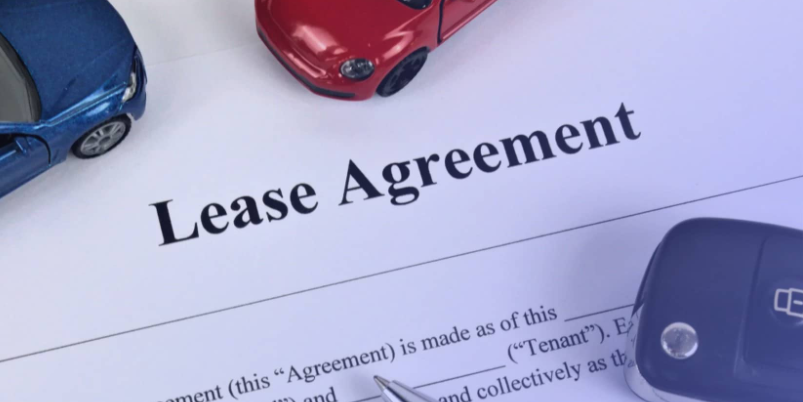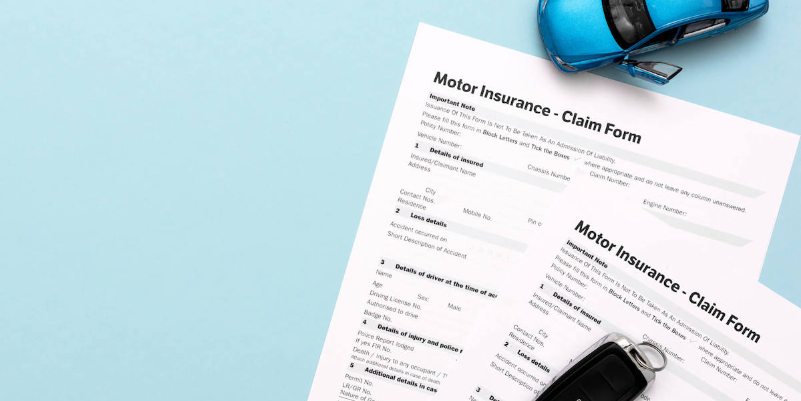You might think twice before buying if the merchant does not have the title. Looking at the title, sometimes known as a "pink slip," can reveal who owns an automobile. It can signify that the vendor is not the actual owner if they cannot produce the title.
You can request the vendor to supply a replacement title before moving forward, even if there are some legitimate reasons why someone would not have the title—possibly because it was just lost or stolen. Car owners can typically seek a new title from their state's motor vehicles department for a small fee, which is a legitimate request.
To purchase a car, do I need a title?
In some situations, it is a choice that may be entirely rational to buy a car from a seller without a title. But it's best to proceed with the selling cautiously. Depending on the state and the circumstance, selling an automobile without a title may not be allowed.
This might happen, for instance, if someone has to sell a car they just bought quickly. They might leave the title open (i.e., not transfer it to their name) before selling it to you to avoid paying taxes and fees. This is referred to as title jumping or skipping and is often prohibited.
On the other hand, the seller's lack of title may have an utterly acceptable explanation. They might not have had an opportunity to get a replacement since the title was indeed taken or misplaced.
If you bought the car without a title, you might need a surety bond or bonded title to register it with your state. Depending on who claims ownership of the vehicle, some jurisdictions may also offer a temporary registration that converts to a full-ownership registration after a set amount of time.
You might also want to take the following precautions before concluding the sale:
Use the National Insurance Crime Bureau's free VINCheck service to see whether the vehicle has been reported stolen. Look for safety hazards and recalls using a free tool provided by the National Highway Traffic Safety Administration. Request a more detailed vehicle history report to learn more about the car's past owners, damage, recalls, servicing, accidents, and title history.
Used Cars Are Provided "As Is." 
Purchasing a car from a dealer without a title is only possibly problematic when purchasing a used vehicle. When purchasing a secondhand car, there are other issues besides the title. In addition to thoroughly examining a vehicle history record, take a test drive.
Pay a mechanic to perform an inspection before purchasing.
Look around for finance for secondhand cars.
Look into similar sales or postings, then bargain on the price.
Although they might not have the most modern amenities, used cars can help you save a lot of money. But it would be best if you did your homework to ensure you're getting an excellent vehicle for the money.
Safeguard the Transaction
Buying a car from a private seller, whether an individual or a used-car business, may come with additional risks. Even though you may have given the car a thorough inspection, you still want to be sure the sale and transfer will happen smoothly and according to the law.
Look for liens. A loan the seller is still liable for may appear under liens in a vehicle history report. Get in touch with the creditor to find out how the transaction should be handled if there is a lien.
Sign the document.
Use the proper documentation. Contact your state's motor vehicle department to find out more information on the sale process. A specific title transfer or bill of sale form may be applicable. Both parties should sign the paperwork as required.
Do not pay with cash. You might want a written record of the sale and the potential risk of carrying a lot of cash. You can choose from a cheque, certified check, money order, or electronic transfer.
Put a stop to the conversation. 
Obtain new titles, registration, and insurance. Before legally driving the car, you may need to register, obtain insurance, and change the title.
If you feel pressured to make the purchase soon, it could be best to get out of the agreement. High-pressure sales tactics may lead you to overpay for a car or may indicate that the seller is a swindler.
Get ready for credit.
Your credit history may directly impact your ability to get a car loan and the interest rates you are offered if you plan to finance the vehicle. You can get free access to your Experian credit report and FICO® Score, which can help you understand the factors that affect your credit most negatively and favorably. Spending some time on credit development can be beneficial when you buy a car and apply for various credit accounts.



